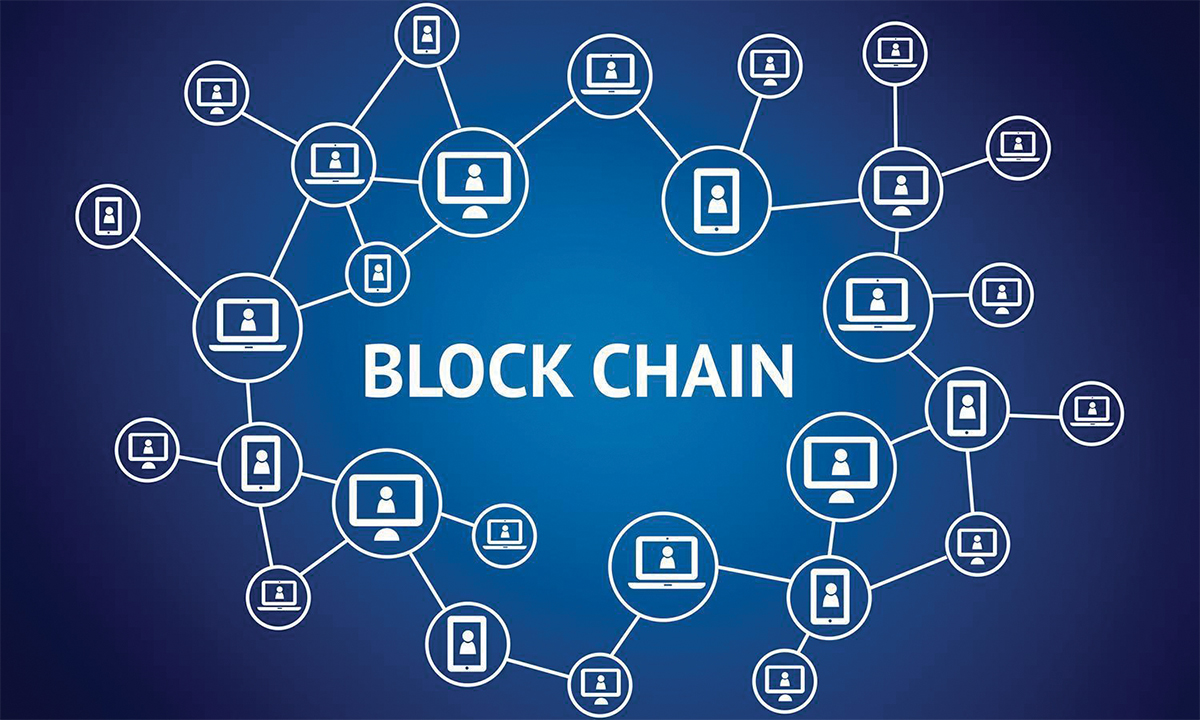Blockchain Beyond Finance: Exploring Real-World Applications in Various Industries
 Blockchain technology, initially known for its association with cryptocurrencies like Bitcoin, has transcended its financial roots and is making waves across diverse industries. The decentralized, transparent, and tamper-resistant nature of blockchain offers innovative solutions to long-standing challenges. In this article, we explore the real-world applications of blockchain technology in various industries, showcasing its transformative potential beyond the realm of finance.
Blockchain technology, initially known for its association with cryptocurrencies like Bitcoin, has transcended its financial roots and is making waves across diverse industries. The decentralized, transparent, and tamper-resistant nature of blockchain offers innovative solutions to long-standing challenges. In this article, we explore the real-world applications of blockchain technology in various industries, showcasing its transformative potential beyond the realm of finance.
1. **Supply Chain Management: Ensuring Transparency and Traceability** Blockchain is revolutionizing supply chain management by providing a secure and transparent ledger for tracking the production, shipment, and delivery of goods. With every transaction recorded on an immutable blockchain, stakeholders gain real-time visibility into the entire supply chain, reducing fraud, enhancing accountability, and ensuring the authenticity of products.
2. **Healthcare: Securing Patient Data and Enhancing Interoperability** Blockchain technology addresses the security and interoperability challenges in healthcare by providing a decentralized and secure way to store and share patient data. Patient records stored on a blockchain can be accessed securely, reducing the risk of data breaches and ensuring that healthcare providers have accurate and up-to-date information.
3. **Real Estate: Streamlining Transactions and Title Management** Blockchain facilitates efficiency in real estate transactions by providing a transparent and decentralized ledger for property records. Smart contracts on the blockchain automate and streamline the process of property transfers, reducing the need for intermediaries and ensuring the accuracy of title information.
4. **Identity Management: Enhancing Security and Privacy** Blockchain-based identity management systems offer a secure and privacy-enhanced solution for individuals and organizations. Users have greater control over their personal information, and the decentralized nature of blockchain reduces the risk of identity theft and fraud.
5. **Voting Systems: Ensuring Transparent and Tamper-Proof Elections** Blockchain has the potential to revolutionize voting systems by providing a secure and tamper-proof platform for elections. Each vote cast on the blockchain is recorded transparently, ensuring the integrity of the electoral process and mitigating concerns related to fraud and manipulation.
6. **Intellectual Property: Protecting Creators and Content** Blockchain is transforming the way intellectual property is managed by providing a secure and immutable record of ownership. Artists, writers, and creators can use blockchain to timestamp and authenticate their work, protecting it from unauthorized use and ensuring fair compensation for their creations.
7. **Energy Trading: Decentralizing and Democratizing the Grid** Blockchain facilitates peer-to-peer energy trading by enabling transparent and automated transactions between energy producers and consumers. This decentralized approach empowers individuals and communities to participate in renewable energy markets, fostering a more sustainable and resilient energy grid.
8. **Cross-Border Payments: Reducing Friction and Costs** Blockchain streamlines cross-border payments by providing a decentralized and efficient platform for international transactions. The elimination of intermediaries and the use of cryptocurrencies can significantly reduce transaction costs and processing times.
9. **Education: Verifying Credentials and Certificates** Blockchain enhances the integrity of educational credentials by providing a secure and verifiable platform for storing and verifying certificates and diplomas. This reduces the risk of credential fraud and simplifies the process of credential verification for employers and educational institutions.
10. **Legal and Smart Contracts: Automating and Securing Agreements** Blockchain-based smart contracts automate and secure agreements by executing predefined terms when specified conditions are met. This has applications across various industries, simplifying and expediting contractual processes while reducing the need for intermediaries.
Conclusion: The potential applications of blockchain technology extend far beyond the confines of finance, impacting various industries by providing transparency, security, and efficiency. As the technology continues to evolve, its real-world applications are likely to expand even further, fostering innovation, reducing friction in processes, and creating a more connected and trustworthy global ecosystem. As businesses and industries embrace blockchain, we can anticipate a paradigm shift towards decentralized and transparent solutions that address longstanding challenges in diverse sectors.

































